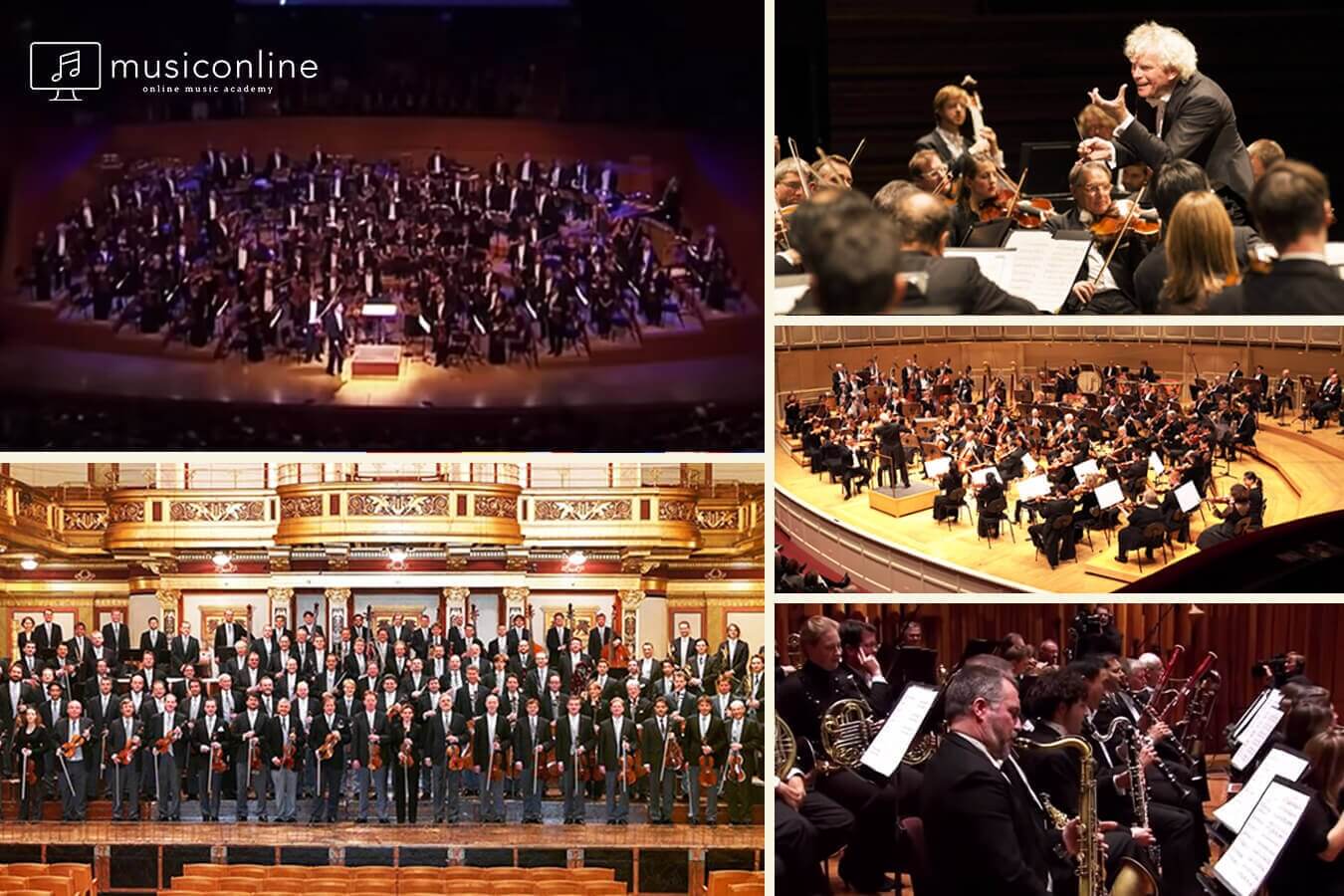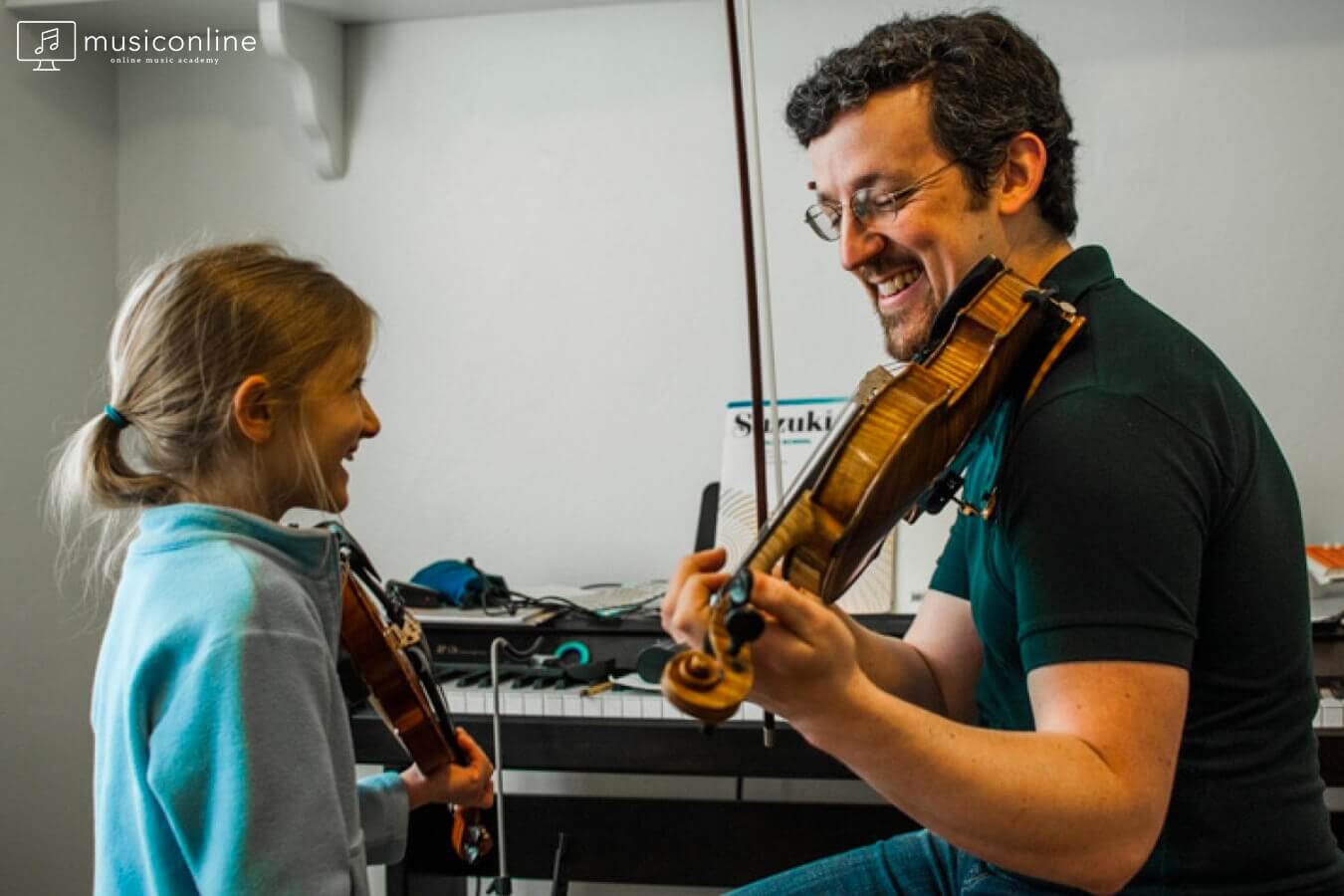musiconline blog
news about us & everything about music on our blog!
Who is Richard Strauss?
Widely known for his opera work, Richard Georg Strauss is one the most important musicians of Romantic Era. So we decided to take a closer look at this legendary composer's life as musiconline .
Strauss was born in Munich, Germany in 1864. He started his music education at a very early age and was trained by his father, just like Mozart and Brahms. Father Strauss was playing French horn in state opera.
Strauss was known as a huge fan of Richard Wagner. However his father used to dislike Wagner so much, he prohibited to study or play Wagner's work for his son. Strauss was only a listener of Wagner's opera for a long time.
He gave his first concert in Vienna at the age of 18. Surprisingly, Strauss studied philosophy and art history instead of music at the university. After successfully completing his education, he moved to Berlin in 1883 to work with Hans von Bülow.
Through his music career, Strauss managed to balance his both composer and conductor identities. Although many of his earlier work got lost or distorted over time, it is stated that Strauss focused on chamber music in the beginning. He got interested in orchestral music over the years and meeting Alexander Ritter changed Strauss' music career completely.
Ritter encouraged young Strauss to be more progressive, out of box and untraditional. He also provided his young peer work of Schopenhauer. As of 1894, Strauss was rock as solid and ready to challenge the "traditional". He composed two modern opera pieces, Guntram and Feuersnot, in 1894 and 1901.
Despite the fact that his first two opera work was harshly criticized by peers and music critics, Strauss kept following his ambition and came up with a brand new piece: Salome. With Salome, he gained popularity and respect of wider audience. One of those who highly respected Strauss was someone he himself would have never thought of: Adolf Hitler.
Strauss has neve been a member of Nazi Party and tried to avoid this horrendous ideology as much as he could. Calling Goebbels, the right hand man of Hitler, as a "disappointment to Germany", Goebbels also hated Strauss and considered him simply as a tool. Here is a statement from Goebbels' diaries:
"Unfortunately, we still need him. One day we'll have our own music and no longer be needing this finished man."
Strauss was also known to be close friends with Jewish writer Stefan Zweig. Working on "Die schweigsame Frau" as a duo, the show got cancelled shortly after it started by Nazi government. Things started shackling for Strauss, when his letter to Zweig was read by Gestapo.
"Do you think that I care about being German? Do you think that Mozart was composing with an Aryan consciousness? There are only two types of people for me: the ones who have talent and the ones who don't."
You've just read the lines that ended Strauss' career in Nazi regime. Although he is immediately expelled his “Olympische Hymne”, composed in 1934, was used in the opening ceremony of 1936 Berlin Olympics.
Strauss managed to flee with his family from danger zone before World War II. During his last times in Vienna, he spelled those famous words:
"I may not be a first-rate composer, but I am a first-class second-rate composer."
We feel lucky to be able to listen Strauss' music today. What makes us feel even more lucky is to be able to learn music online and with only few clicks. As long as you have internet access, you can get online music education with musiconline . Your music career is as close as a click!


